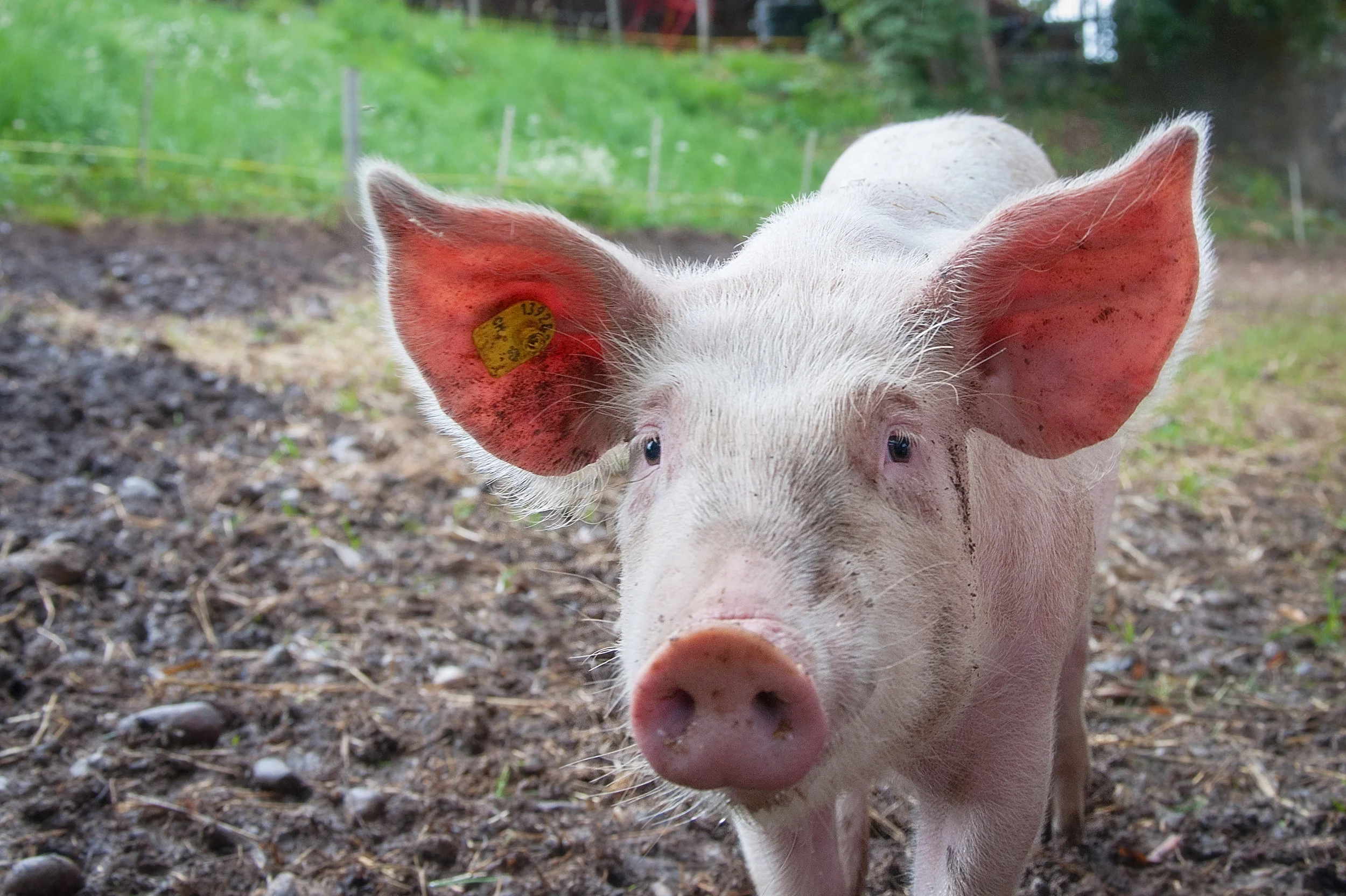A recent study shows that human stem cells can be successfully transplanted into pig embryos and be used to grow human organs.1 Although news of this discovery has only been released over the past few days, the method has already gained a significant amount of attention.
Scientists have previously attempted to engraft human stem cells into mice embryos with little success.1 However, in contrast to mice, pigs are more genetically similar to humans, something that scientist Juan Carlos Izpisua Belmonte and his colleagues at the Salk Institute for Biological Studies took advantage of.1 The team injected human pluripotent stem cells into pig blastocyst cells, that develop into embryos.1 The pig embryos began to grow organs containing human cells, an advance that causes the production of a creature that is part human and part pig – which has been declared human-pig “chimeras” by many news outlets and scientists alike.2 The embryos were not allowed to grow past the fetal stage.2
The experiment suggests that this technique could eventually be used to grow fully human organs for transplants.2 These transplants have the potential to be lifesaving, as two dozen people in the United States die every day waiting for an organ donation.2 Currently, 120,000 people in America are waiting on an organ transplant that would save their lives.2 The ability to use animal embryos to grow human organs may be a groundbreaking procedure within the medical field that would have the potential to save many people.
The experiment has been deemed ethically questionable by many people and is controversial because it has the potential to create conflict regarding issues such as abortion and the use of embryonic stem cells, which people may disagree with due to religious or personal reasons. Hank Greely, a bioethicist at Stanford University, says that some critics believe these creations “denigrate human dignity and blur the line between what is human and what is not, especially if you believe that we were created in the image of God.”2 Yet some people are also citing religion as support for the study, saying that “God placed … nonhuman creatures at the service of man so that man could achieve his overall development also through them.”3
Ethicists are currently keeping a close eye on the project out of concern of the creation of a human-animal hybrid.3 So far, Catholic ethicists in Canada and the United States say that the experiment has stayed within the guidelines set by the Church for “xenotransplantation,” or interspecies transplants.3
No embryonic stem cells were used for this experiment: instead the Salk Institute team used donated stem cells from forty adults.3 Moira McQueen, the director of the Canadian Catholic Bioethics Institute in Toronto, said that “…as the stem cells aren’t embryonic stem cells … and you’re not duplicating the brain and as long as it has nothing to do with the genitals, you’re not doing anything morally wrong.”3 McQueen maintains that the two lines that must not be crossed are transferring human brain cells to animals, because our brains are what make us distinct, and transferring reproductive organs or sperm, which would involve exchanging DNA in a manner that technically makes the creature a human.3
The use of stem cells to grow human organs in other animals has the potential to produce numerous benefits. The risk of organ rejection is reduced if the organ is transplanted back in the same person who originally donated the stem cells.3 The organs could also be used to study human diseases and test experimental drugs.2 The next challenge the team faces is to get the stem cells to form a particular organ with functioning and transplantable tissue.3
Resources
"Human–pig Embryo Made." Nature.com. Nature, 1 Feb. 2017. Web. http://www.nature.com/nature/journal/v542/n7639/full/542009b.html
Begley, Sharon. "Human-pig ‘chimera’: Ethics and Medical Promise of Growing Human Organs in Animals." Genetic Literacy Project.com. 30 Jan. 2017. Web. https://www.geneticliteracyproject.org/2017/01/30/human-pig-chimera-ethics-medical-promise-growing-human-organs-animals/
Weatherbe, Steve. "Researchers Grow Human Tissue in Pig Embryo. Is It Ethical?" Lifesitenews.com. Life Site, 30 Jan. 2017. Web. https://www.lifesitenews.com/news/researchers-grow-human-tissue-within-pig-embryo-but-so-far-theyre-staying-w
